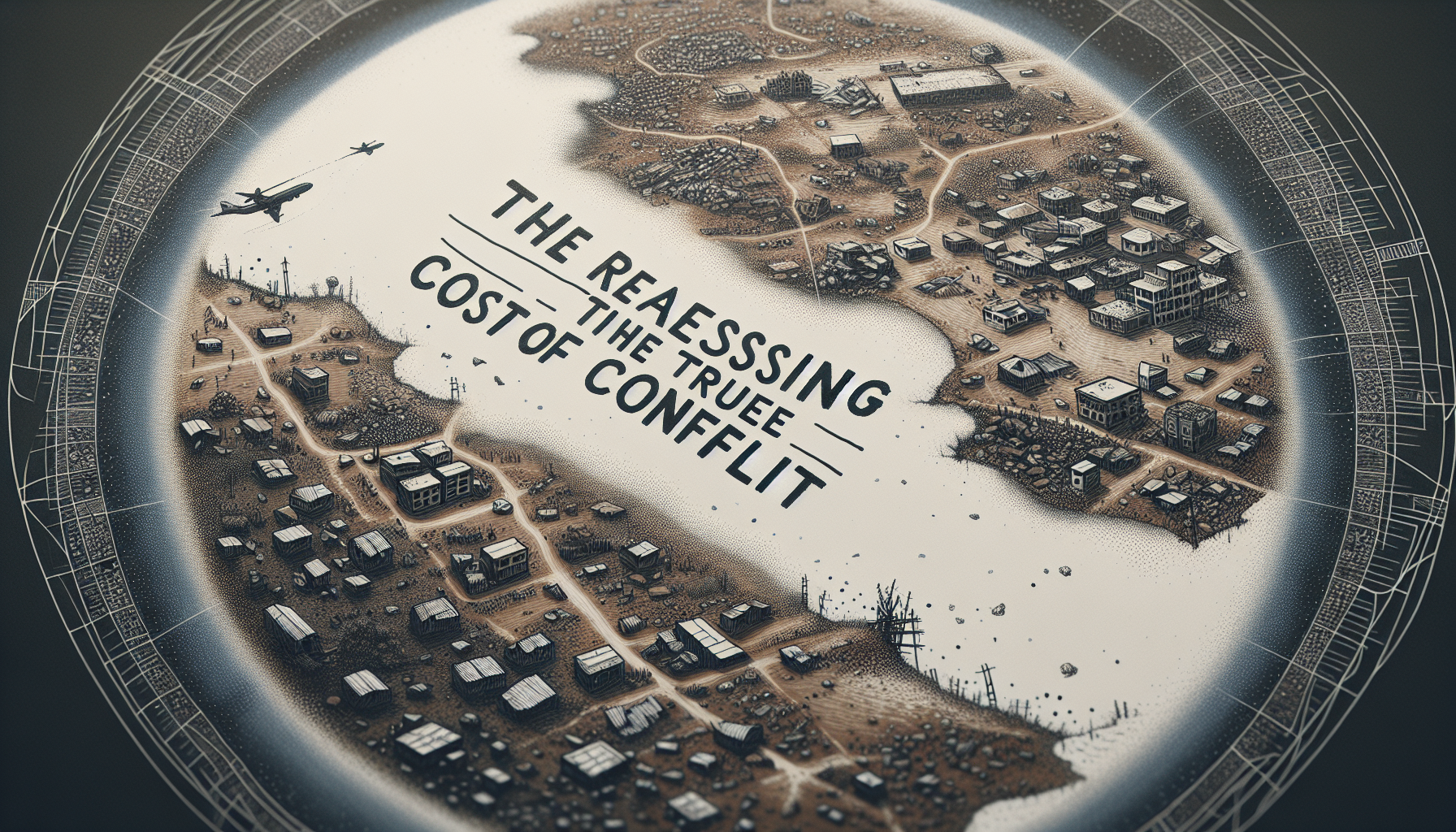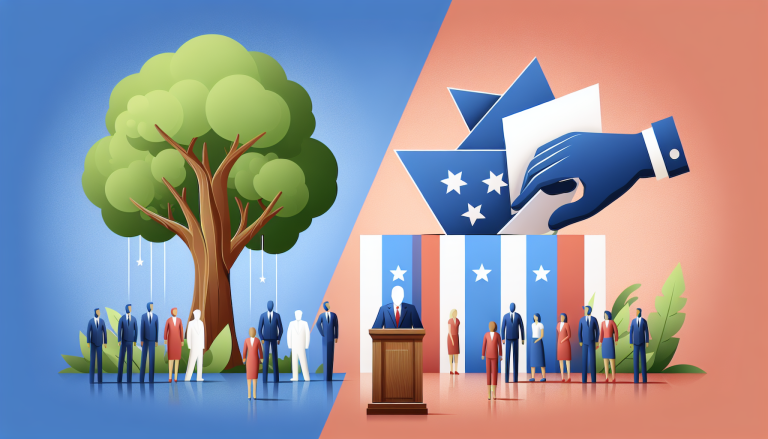Unveiling the True Cost of Conflict: Reassessing the Gaza Death Toll
The Silent Echo of War: Pondering the Underestimated Gaza Death Toll
In the shadow of warfare, truth is often the first casualty. Recent findings suggest a shocking underestimation in the death toll from the conflict in Gaza, with an analysis indicating that the figures might have missed an additional 25,000 casualties. Today, we delve deeper into these numbers and what they symbolize—not just for Gaza, but for the way conflicts are reported globally.
Revisiting The Figures
A comprehensive study published in The Lancet by epidemiologists from the London School of Hygiene and Tropical Medicine has brought new insights into light. The study portrays a dire scenario where the actual deaths due to traumatic injuries in Gaza could be significantly higher than previously reported—totaling roughly 64,300 compared to the official 37,900 reported during the first nine months following October 2023. To put this into perspective, this equates to 2.9% of Gaza's prewar population or about one in every 35 inhabitants.
The Unseen Wounds of War
The common imagery of war often fails to capture the broader spectrum of suffering it brings about. It's not just the casualties directly from the conflict that count but also the long-standing effects on the survivors' health and the healthcare system. Chronic ailments, mental health issues, and declines in public health amenities invariably accompany the aftermath of prolonged conflicts.
Lessons from History
History has repeatedly shown that the first estimates of conflict casualties tend to be conservative. Take, for example, the initial underreporting in conflicts such as the Vietnam War or more recently, the Iraq War, where civilian casualties were vastly underestimated initially. This pattern of underestimation can obscure the true impact of warfare on populations, potentially delaying international response and support.
A Look at Women, Children, and the Elderly
The analysis highlighted that a staggering 59% of the casualties were women, children, and individuals over 65—groups that are notoriously vulnerable in conflict zones. This demographic detail draws parallels with the Siege of Sarajevo during the Bosnian War, where a disproportionate number of vulnerable groups suffered due to sniper attacks and shelling.
The Role of Independent Analysis
The underestimation of casualties often results from various factors, including political motivations and the logistical difficulties in conflict zones. Independent reports like the one discussed serve as critical tools for providing a more unbiased view that can inform humanitarian aid and policy decisions. They echo the essence of other independent analyses throughout history, such as those conducted in the aftermath of the Rwandan Genocide, which were crucial for international recognition and response.
Beyond Numbers: The Human Aspect
Behind every statistic, there's a human story—a narrative often lost in the cold calculus of wartime accounting. Each number in the toll from Gaza represents an individual: a person with dreams, a family, a story. It’s crucial that we maintain focus on the human aspect, much like the global reaction to individual stories from war-torn regions like Syria, which evoke a broader empathetic and humanitarian response.
The Path Forward
Understanding the full scope of war's impact is vital—not just for historians, but also for policymakers, humanitarian organizations, and the global populace. As we think about these revised figures from Gaza, it becomes imperative to reflect on how conflicts are documented and reported. Ensuring accurate, unbiased casualty reporting can guide effective humanitarian support and foster informed global discourse.
In conclusion, as stewards of history and humanity, our role extends beyond mere observers—engagement and action, grounded in well-informed empathy, are essential. Let's remember that each number in a report represents a life interrupted, and it's our collective responsibility to understand and respond to these crises comprehensively and compassionately.






